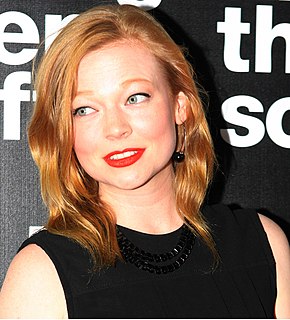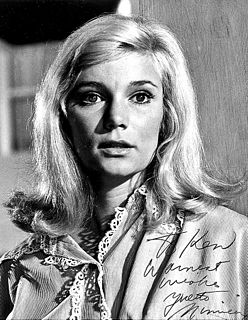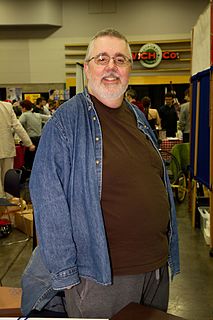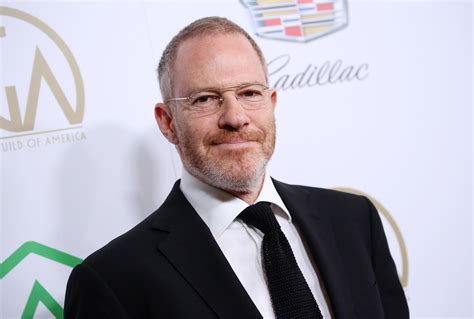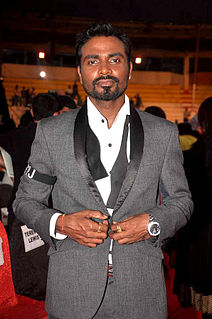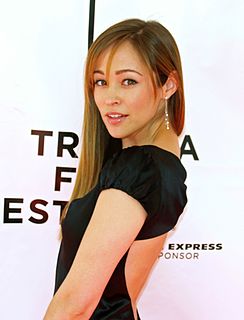A Quote by Neil Patrick Harris
I'd love to be some sort of villain in a big-budget action movie. Or a superhero franchise. That'd be rad.
Related Quotes
After the first one [Twilight Saga movie], as soon as people start referring to something as a franchise. A franchise is a Burger King or a Subway. It's not a movie. The people who start to say it are generally the people who are making money off of it. That's how they refer to it. They love it when something has become a franchise. But, as an actor, I think it's scary.
Before sequels became the most reliable way to make a buck, Bond set the standard for lavish serial adventures. Before Hollywood found gold in multimillion-dollar adaptations of comic-book characters - in the Superman, Batman and Spider-Man blockbusters - Bond was the movies' first big-budget franchise superhero.
After the first one [Twilight], people started referring to it as a franchise, but a franchise is a Burger King or a Subway. It's not a movie. The people who start to say it are generally the people who are making money off of it. They love it when something becomes a franchise. But, as an actor, I think it's scary.

